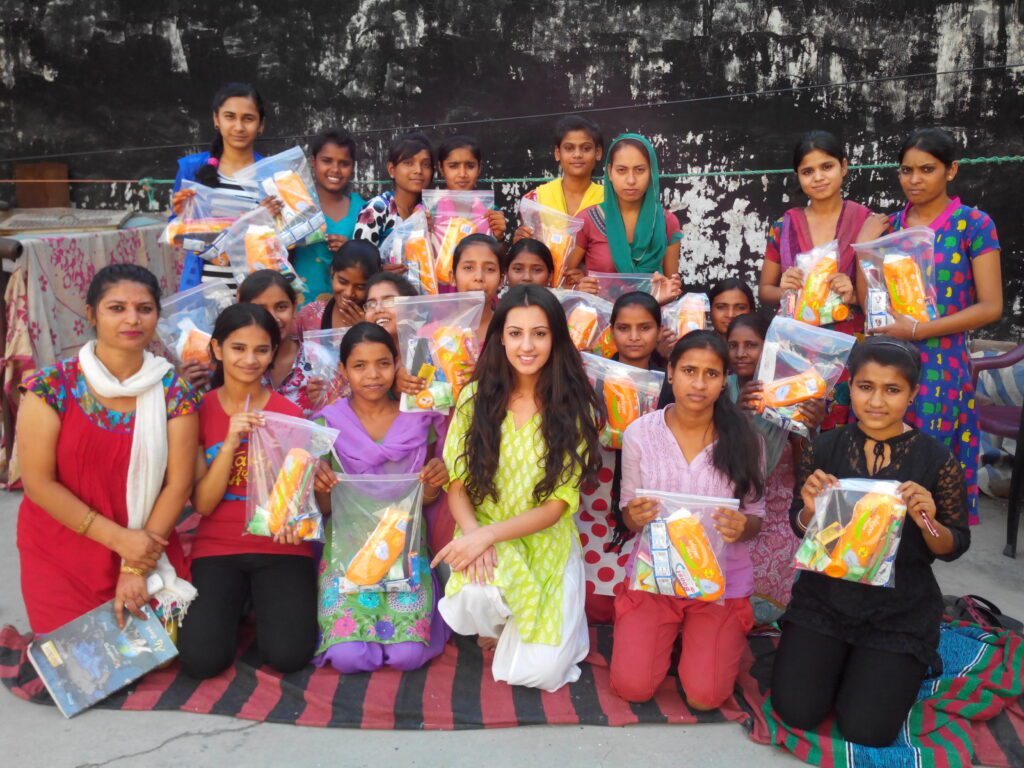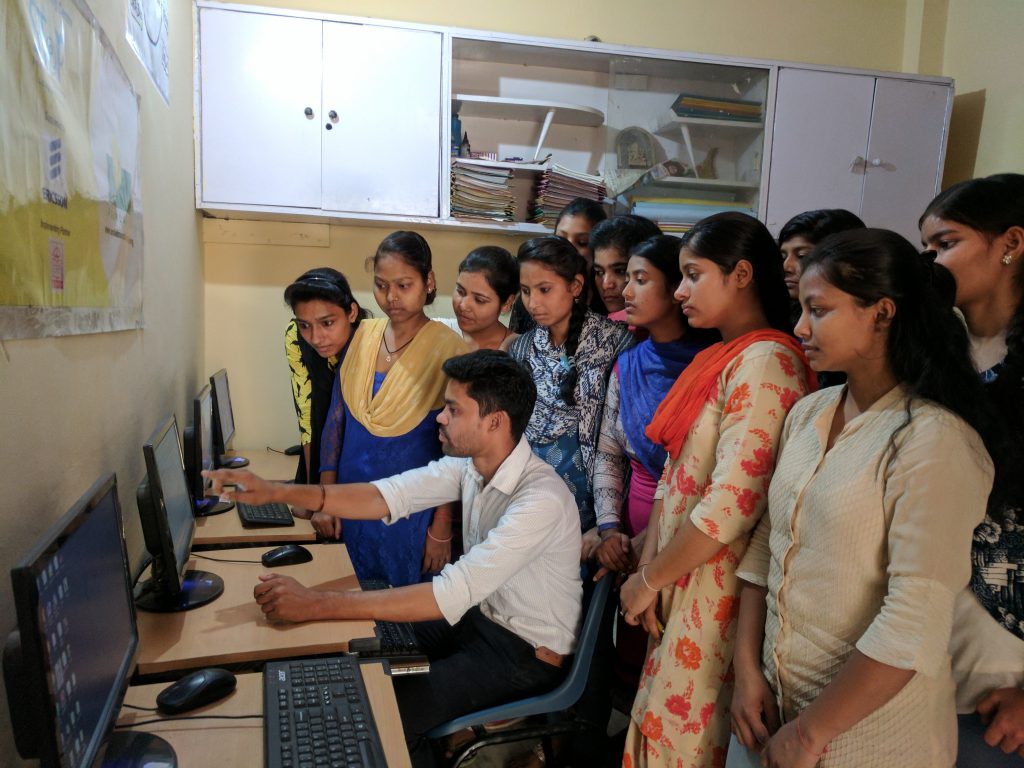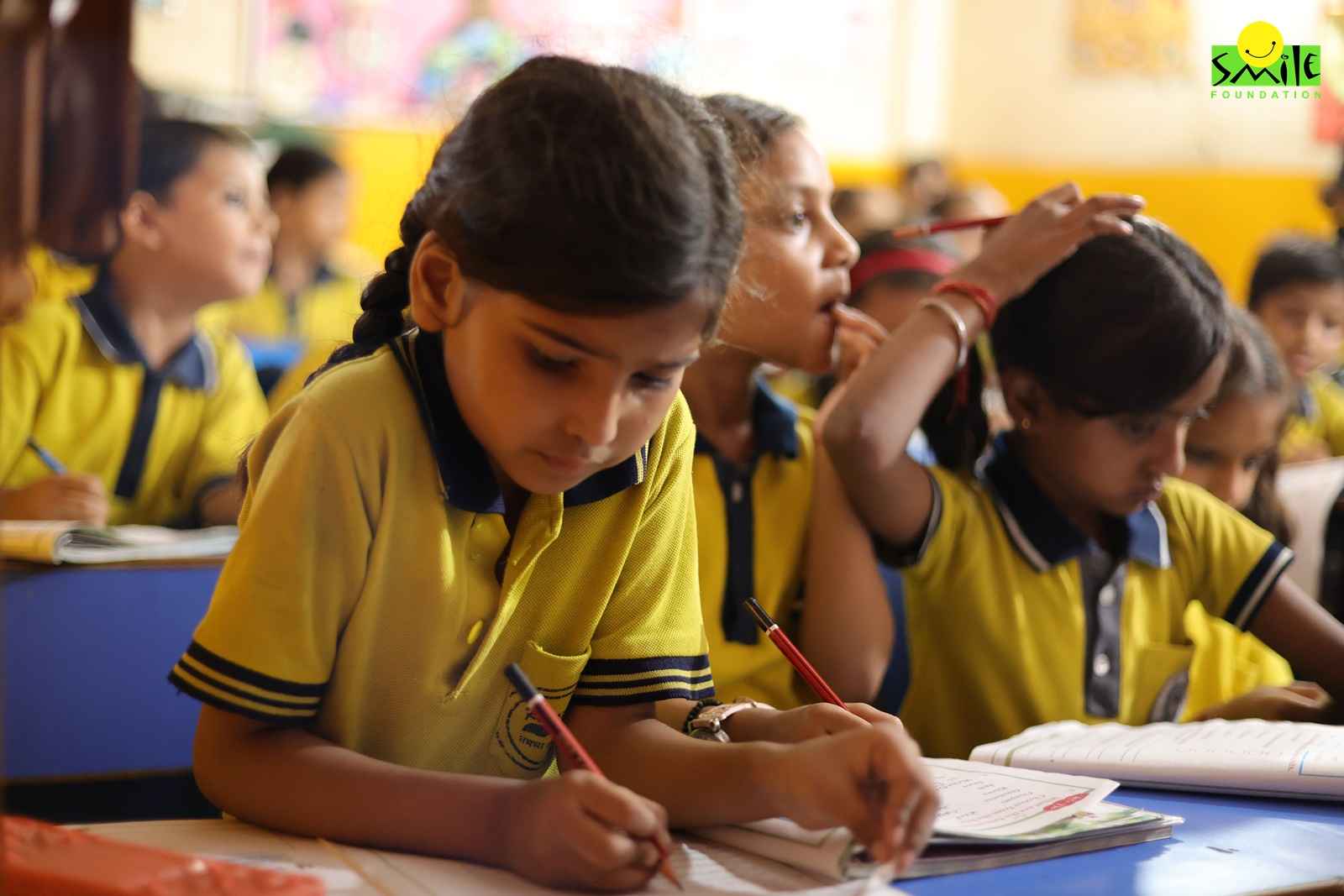In a landmark move towards menstrual equity and the well-being of women, India is poised to introduce its National Menstrual Hygiene Policy. This pivotal initiative promises to reshape the discourse around menstruation, shattering stereotypes and ensuring that every woman and girl receives the necessary support, care, and resources for a healthy and dignified menstrual cycle.
Challenging Menstrual Stigma
For generations, menstruation has been cloaked in secrecy and stigma, not only in India but in many parts of the world. Cultural taboos and social norms have silenced conversations about this natural biological process, leading to a lack of awareness, myths, and widespread discomfort.
The National Menstrual Hygiene Policy represents a significant leap towards changing this narrative. It acknowledges that menstruation is not something to be ashamed of but rather a fundamental aspect of women’s health. By confronting these taboos head-on, the policy strives to foster open dialogues, promote menstrual hygiene, and pave the way for a more enlightened and empathetic society.
One of the central objectives of the policy is to position menstrual health as a crucial public health concern. Menstrual hygiene is not a luxury but a necessity. Inadequate menstrual hygiene practices can lead to various health issues, including infections and reproductive complications. The policy recognizes that every woman and girl has the right to safe and hygienic menstrual management, irrespective of their socio-economic background.
Access to Menstrual Products: Upholding Dignity
Ensuring access to menstrual products for all is a pivotal focus of this policy. Period poverty is a harsh reality for many women and girls in India. They often face the tough choice between purchasing menstrual products and meeting other essential needs. The National Menstrual Hygiene Policy strives to bridge this gap, making menstrual products affordable and accessible to all, thus preserving the dignity of women and girls.
Empowering women and girls with knowledge about their bodies and menstrual health is at the heart of this policy. Comprehensive menstrual education will be seamlessly integrated into school curricula, ensuring that young girls grow up with accurate information about menstruation. This education is poised to break the cycle of ignorance and shame while empowering girls to make informed choices about their health.
Beyond Physical Well-being
The ideas behind the National Menstrual Hygiene Policy recognize that menstrual health encompasses more than just physical well-being. It acknowledges the psychological and emotional facets of menstruation, underscoring the importance of mental health support for women and girls during their menstrual cycles.
The journey towards a National Menstrual Hygiene Policy has been a collective effort with collaborations from Government bodies, non-governmental organizations (NGOs), and local communities. Grassroots initiatives and awareness campaigns have played a pivotal role in breaking the silence and garnering support for this groundbreaking policy.
The impending launch of the National Menstrual Hygiene Policy underscores the power of collective action and the dedication of individuals and organizations advocating for menstrual health. It marks a momentous step towards menstrual equity, health, and dignity for all women and girls in India.
One of the major components of our women empowerment program, Swabhiman is awareness of menstrual hygiene and the importance of menstrual products among girls and women of urban slums and rural areas of India. The program has reached more than 70,000 women and adolescent girls empowering them to make better decisions and take charge of their lives.









